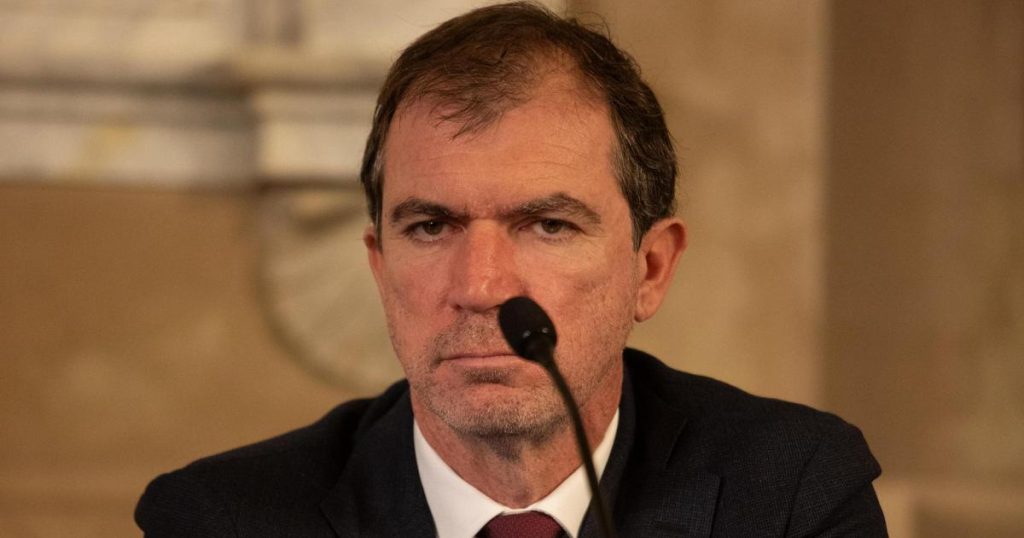The decision to give up on the count on Francesco Saverio Marini for the election of a constitutional judge did not come to fruition, as revealed this morning around 11 am. Until late last night, frantic contacts were made between Palazzo Chigi and the center-right group leaders to verify the numbers for the operation. The coalition and Premier Meloni’s conviction was to push forward, but then a package of votes fell through, leading to a decision to revert to the blank ballot scheme. Despite many absences, including those due to illness, the final result was a black smoke, with 323 blank votes (40 more votes were needed for the quorum), ten null votes, and 9 missing votes – with no abstentions. Some center-right members, present in Montecitorio, did not even vote after the decision to opt for the blank ballot.
The alleged conflict of interest surrounding the legal advisor to the Prime Minister is considered a bluff by sources from Fratelli d’Italia. The appointment of Marco d’Alberti as a Constitutional Court judge in September 2022, who previously served as legal advisor to Prime Minister Draghi, is used to defend this argument. Fratelli d’Italia condemned the allegations regarding Marini’s conflict of interest, questioning the legitimacy of someone being a legal advisor before becoming a judge. The party’s leader at Montecitorio, Tommaso Foti, criticized the opposition’s attempt to block the institutions and democracy, emphasizing their responsibility. Fratelli d’Italia targeted the Aventine strategy, accusing the opposition of attempting to dictate the candidate selection process.
Despite some parliamentarians who do not typically participate in proceedings being present at Montecitorio, at least ten “yes” votes were missing from the tally, further highlighting the delicate balance of numbers from the start. The centrosinistra, including the Democratic Party, +Europa, M5s, Italia Viva, and Azione, did not participate in the vote, claiming to have thwarted the majority forces. M5s President Giuseppe Conte boasted about leaving the majority alone in the Chamber with their paranoia and efforts to uncover traitors within Fratelli d’Italia. The opposition demanded dialogue with the government and accused them of refusing to engage with the opposition until now.
Rumors within the coalition suggest that dialogue had opened up with the 5-Star Movement, as well as with the representatives of the Mixed Group and linguistic minorities in recent days. Maurizio Lupi of Noi Moderati emphasized the institutional duty to fill the void in the Constitutional Court, as suggested by the President of the Republic. The focus now shifts to November 12, when the Constitutional Court will rule on appeals filed by five regions against the Autonomy reform. The battle also looms over the separation of careers, as the Constitutional Affairs Committee of Montecitorio will adopt the government’s text on Thursday.
In conclusion, the failed election of a constitutional judge due to a last-minute decision to revert to the blank ballot scheme has raised questions about political strategies and power dynamics within the Italian government. The opposition’s refusal to participate in the voting process and accusations of attempting to dictate candidate selection highlight the deep divides within the political landscape. The upcoming battle over important reforms and regional appeals adds further complexity to the situation, creating uncertainty about the future direction of Italy’s constitutional framework and governance.


